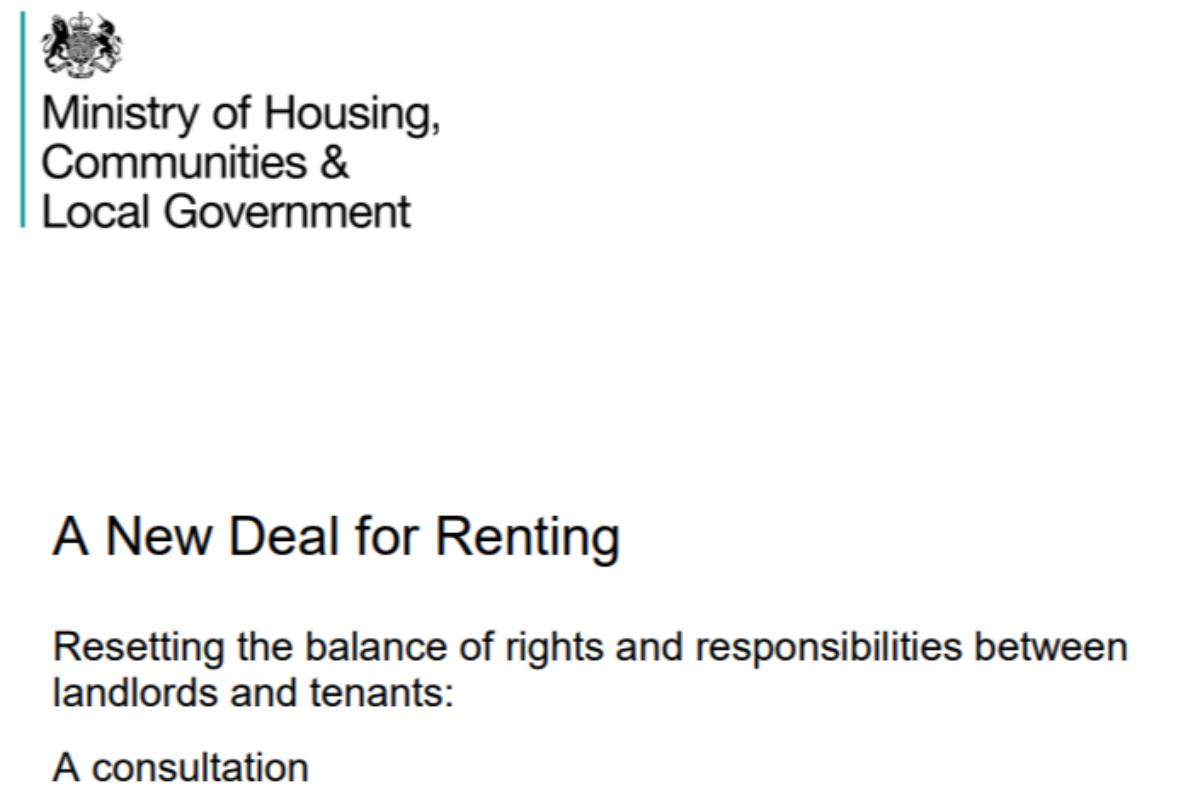
On 15 April 2019, the government announced plans to abolish the so-called ‘no-fault’ evictions by repealing section 21 of the Housing Act 1988. It is said to be the biggest change in the private rental sector for a generation. Under the new framework, private landlords will no longer be able to evict tenants at short notice. Landlords will ‘need to give a valid reason for taking back possession of the property and would need to be able to satisfy a judge of the validity of their claim’, according to the government.
Consultation following the announcement, titled ‘A new deal for renting: resetting the balance of rights and responsibilities between landlords and tenants’, has been published. This consultation will last for 12 weeks from 21 July 2019 and will close on 12 October 2019.
The abolition of Section 21 will be achieved by removing Assured Shorthold Tenancies regime from the Housing Act 1988 and introducing a fairer, more transparent possessions regime, as Section 21 notices can only be served under assured shorthold tenancies. “Once we abolish Section 21, there is no longer any significant legal distinction between an assured shorthold tenancy and an assured tenancy,” according to Rt Hon James Brokenshire MP Secretary of State for Housing, Communities and Local Government in the ministerial forward for the consultation.
In the ministerial forward, it also stated:
‘For tenants, this means being able to rent with certainty. Certainty that you will not be asked to leave without being given a fair reason and certainty you will be protected from rogue landlords who seek to abuse their position.
For landlords, this means being able to rent properties safe in the knowledge that your investment is protected, and you will be supported to provide the safe, secure, and decent homes the nation needs. It means knowing you can swiftly take action when things go wrong, through a redress system that works, and works fairly.’
The government is considering restructuring possession grounds. This consultation seeks viewpoints on ‘how to implement the Government’s decision to abolish section 21 and improve the implementation of section 8’.
Questions regarding bringing tenancies to an end are asked in the consultation, here are a few of the areas covered:
How tenants can end a tenancy
Landlord or landlord’s family members moving into the property
Landlord’s plans to sell the property
Rent-arrears
Anti-social behaviour
Domestic abuse
Unsafe properties
Accelerated possession
Student accommodation
Specialist provisions
Agricultural tenancy
Landlords can learn more and respond to the consultation through various methods here before 12th October 2019.






